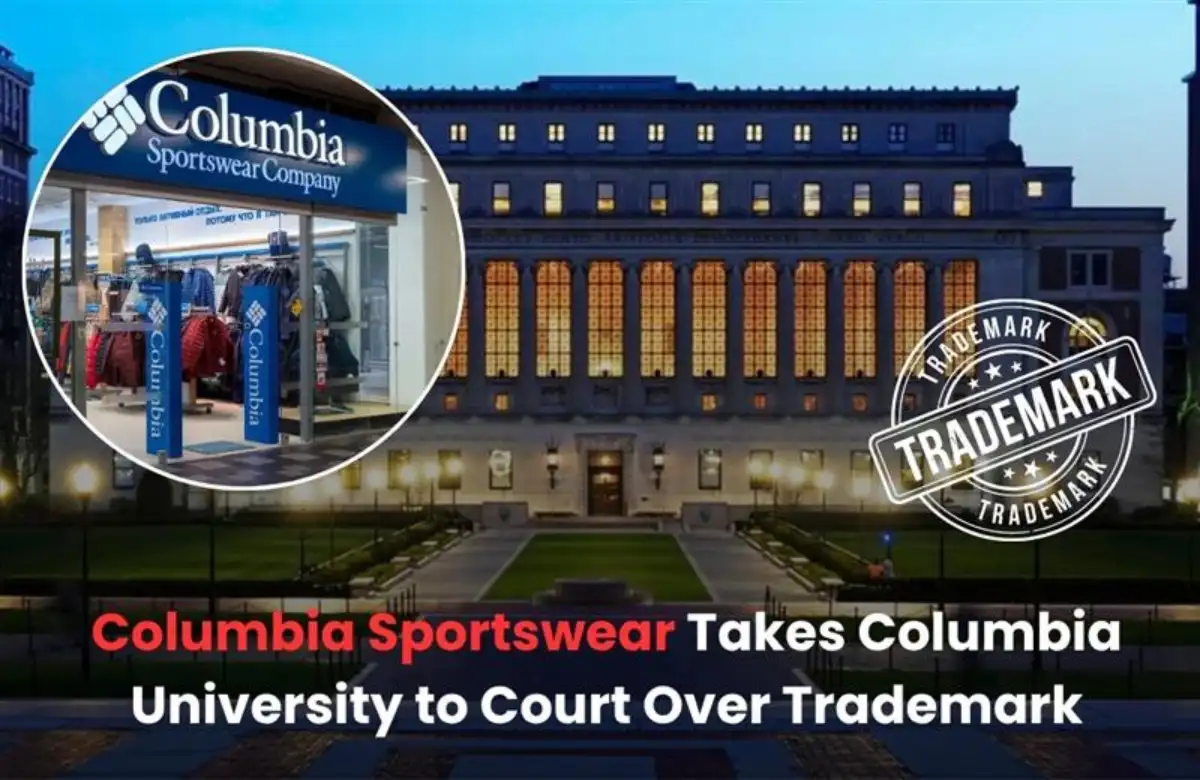
Recently, a big piece of news has come. Columbia Sportswear filed a lawsuit against Columbia University. The case was filed on July 23 in the U.S. District Court, and it’s all about trademark infringement. Columbia Sportswear, which is a huge name worldwide for outdoor gear—like outerwear, sportswear, headgear, and even camping equipment—is accusing the university of misusing the “Columbia” name on merchandise in a way that could confuse customers. But how did this Columbia trademark dispute started?
How It Started: The Backstory of the Columbia Trademark Dispute
The case has its roots well before the courtroom—going back to June 13, 2023, when Columbia Sportswear and Columbia University signed a formal agreement over how the university could use the word “Columbia” on its merchandise. But under strict conditions, Columbia University was permitted to use the name “Columbia”—but only if it was clearly and unmistakably tied to the institution. But over time, things began to take a strange turn. Columbia University began selling merchandise—like hats, shirts, and visors—with just the word “Columbia” printed boldly on them, without any reference to the university. There was no university seal, no lion mascot, and no mention of “University”—just “Columbia,” plain and unaccompanied.
What made matters worse, according to the lawsuit, was that much of the apparel was printed in a shade of blue strikingly similar to Columbia Sportswear’s signature color—a detail that, intentionally or not, blurred the lines between college merchandise and outdoor performance wear.
After all these incidents, on July 23, 2025, Columbia Sportswear filed a trademark infringement suit in federal court in Oregon.
What Columbia Sportswear Claims in the Lawsuit
In the lawsuit, Columbia Sportswear said they tried to settle things privately, but the university refused to stop selling the clothing. They claim Columbia University broke the agreement they signed in 2023 by selling items with just the word “Columbia,” without anything showing it was from the university.
Columbia Sportswear says this wasn’t a mistake—it was done on purpose, and it caused confusion for customers, especially since the clothing looked similar to theirs and was sold through official university stores. The lawsuit outlines several demands from Columbia Sportswear, including stopping sales, recalling products, and seeking financial compensation for the alleged violations.
- Stop Selling the Clothes:
They want the university to immediately stop selling any clothing that breaks the rules they agreed on. - Remove the Clothes from the Market:
They’re asking the university to get back the clothing that was already sold (if possible) and to either give away the remaining items to charity or throw them out. - Pay a Bigger Fine:
Because Columbia Sportswear thinks the university broke the rules on purpose, they want the court to make the university pay a much bigger penalty, three times more than usual.
What’s Next in the Columbia Trademark Dispute
The case will now move through the court system, and many people will be watching to see what happens. It raises a tricky question: how can two big names with the same name sell clothing without confusing people?
A legal expert explained that while it’s unusual, it’s not unheard of for different groups with the same name to run into trouble, especially when both are selling clothes.
For now, both Columbia Sportswear and Columbia University are still selling their products, but that could change depending on what the judge decides.
Conclusion
This legal fight between Columbia Sportswear and Columbia University shows how seriously companies are about protecting their brand. As the case unfolds, the court will decide whether the university broke the rules and what the consequences should be.
Read Also:-India Rejects Software Patents: Delhi HC Rules Against Kroll
